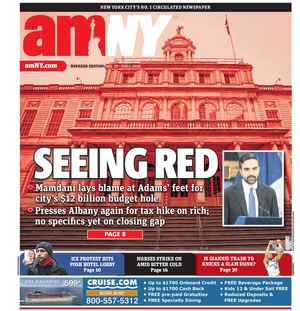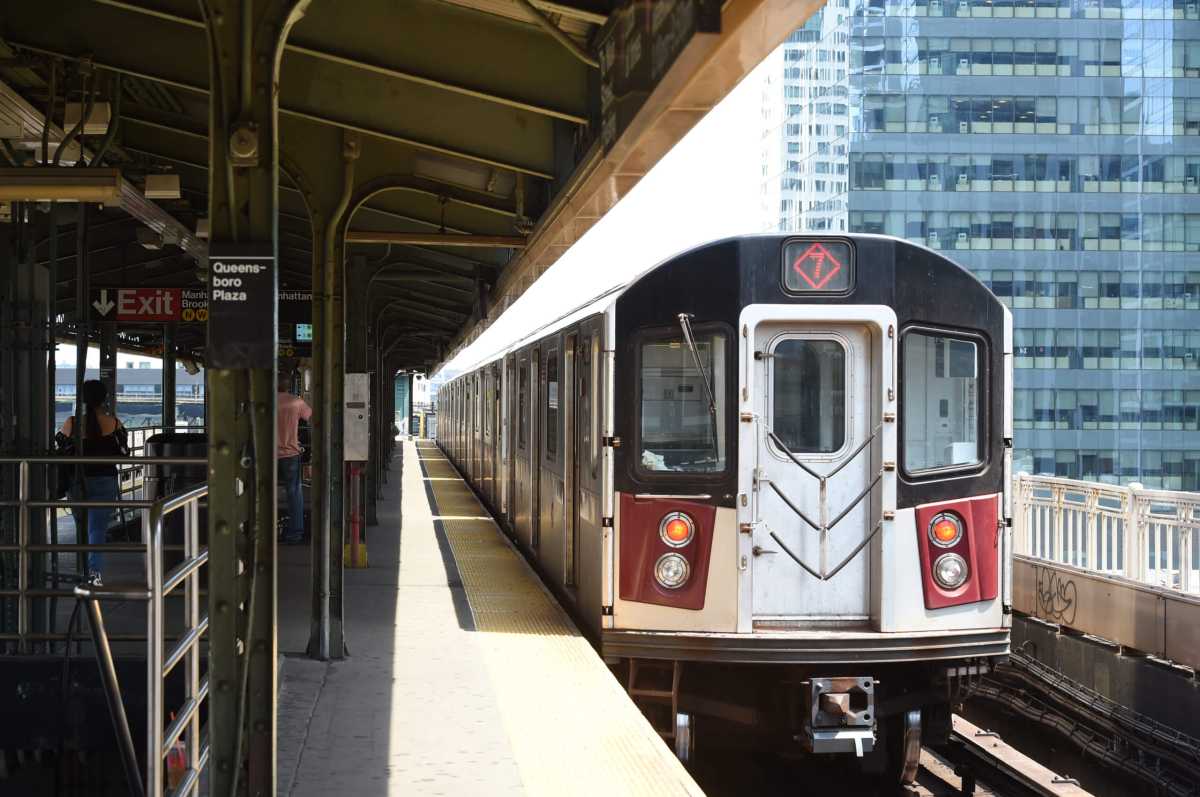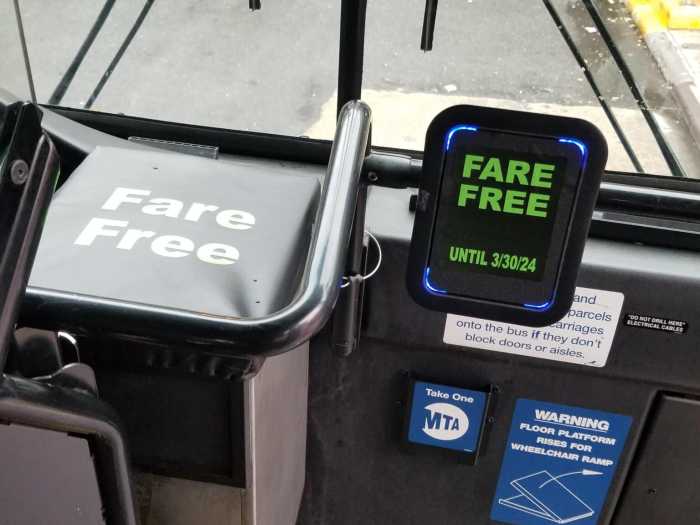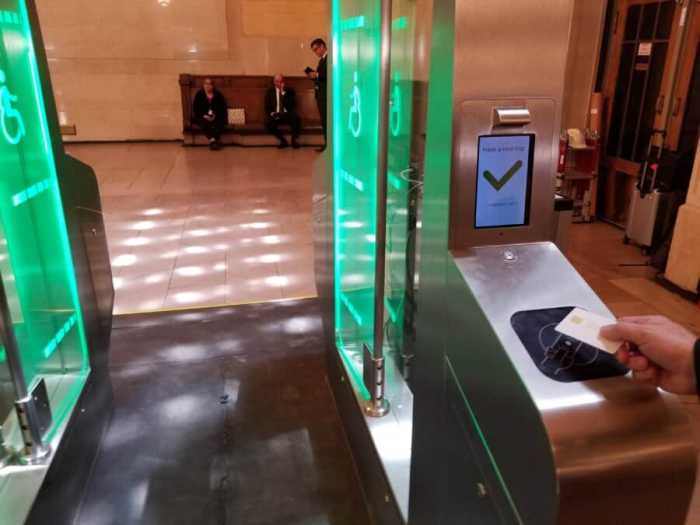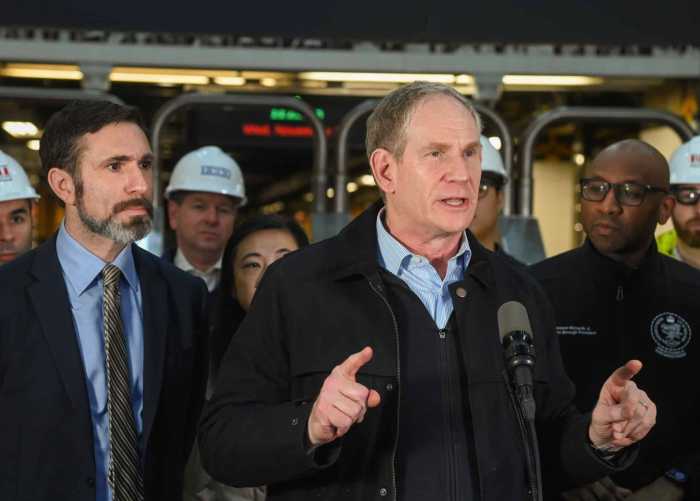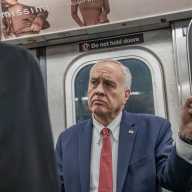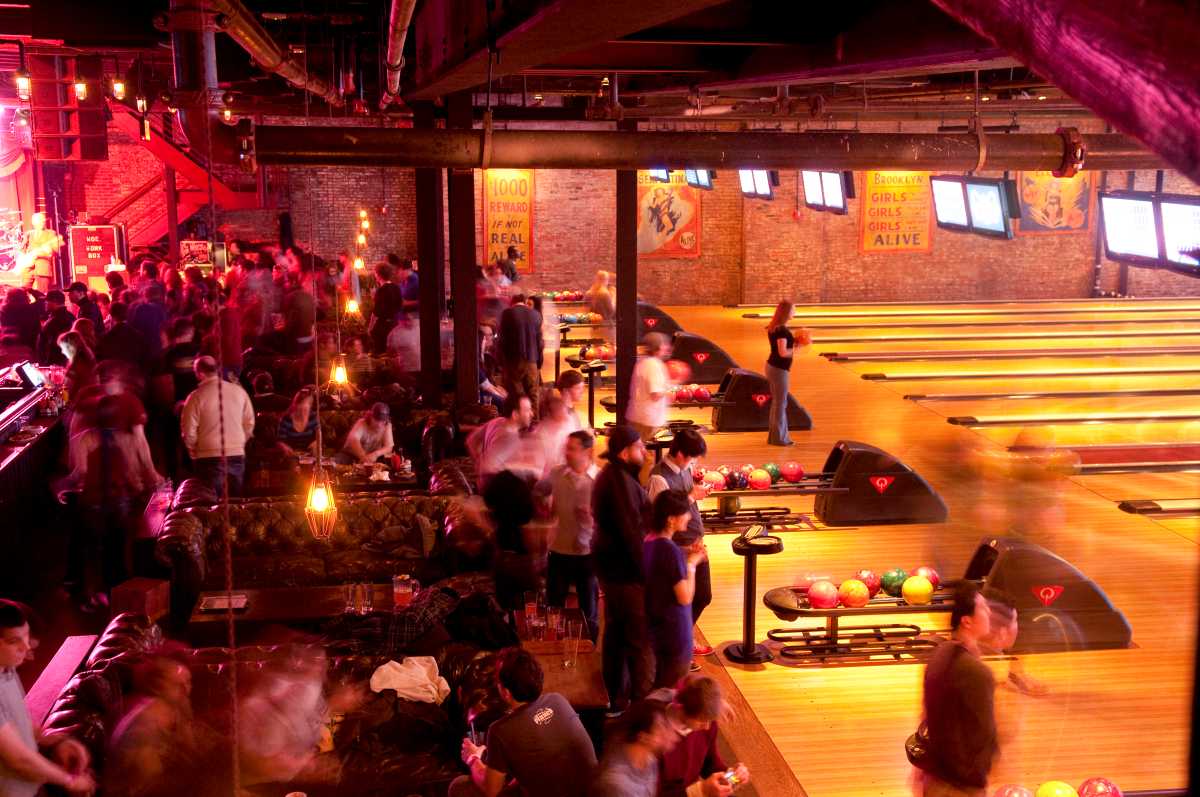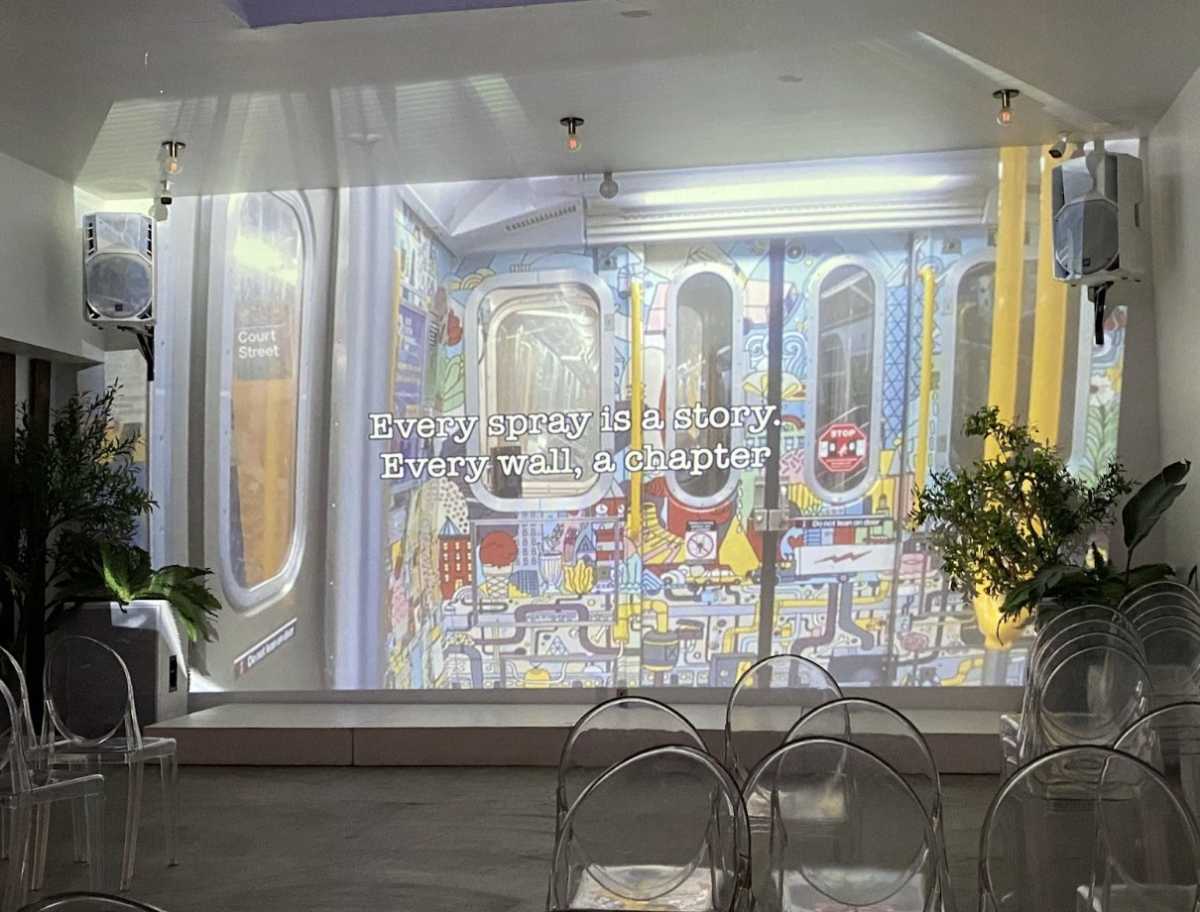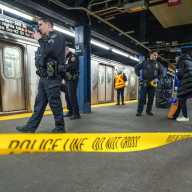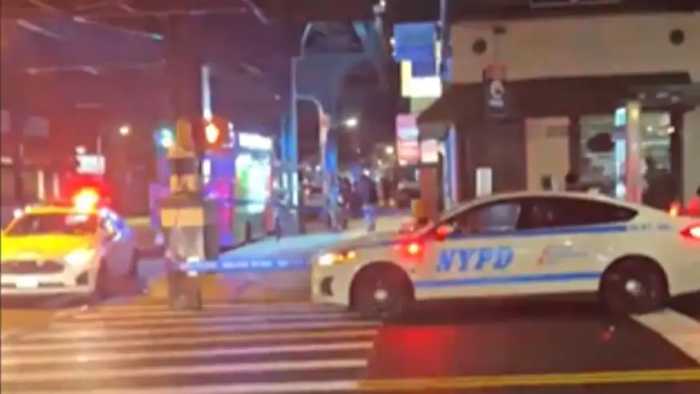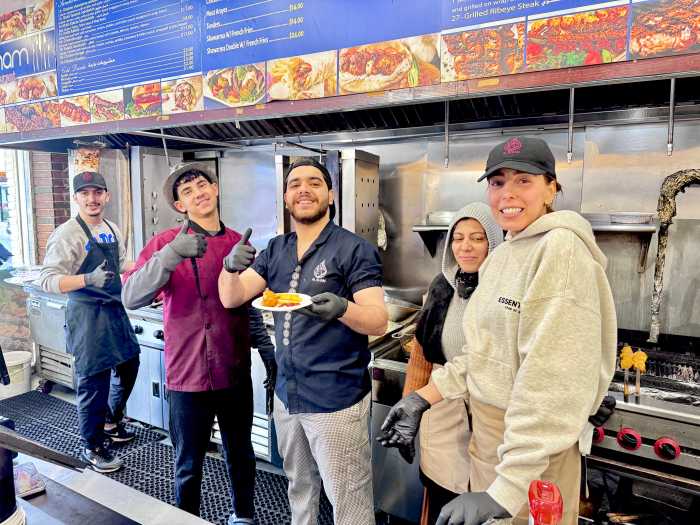MTA Chair Janno Lieber warned that fares on subways and buses could rise to over $3.50 per ride without an infusion of funding from Albany in the state budget, which is due on Saturday.
Lieber, at the monthly MTA board meeting on March 29, cited a November analysis by State Comptroller Tom DiNapoli in saying that without an infusion of recurring funds, the transit authority could be forced to hike fares “north of 80 cents.”
That would bring the fare for subway and bus rides to $3.55, well beyond the already-controversial pair of 5.5% fare hikes scheduled for this year and 2025, and pose a significant financial strain on millions of riders.
“It is essential that [Albany] move quickly to a budget deal that will fully address the MTA deficits brought on by COVID and to head off service cuts, massive fare hikes, and god forbid layoffs and other undesirable impacts,” said Lieber, who visited Albany on Tuesday to press the issue with lawmakers. “COVID demonstrated that public transit is an essential service like police, fire, and sanitation, and it ought to be funded more like those essential services, with less reliance in our structure on the farebox.”
With daily ridership still well below the pre-pandemic average as many New Yorkers adjust to permanently working from home, and federal COVID relief money running dry, the MTA is facing down a nearly $3 billion budget deficit that it legally must close one way or another. The agency says it’s working to identify $400 million in “efficiency” savings, but Lieber has stressed a need for a new status quo on transit funding, less reliant on fare revenue to provide baseline service.
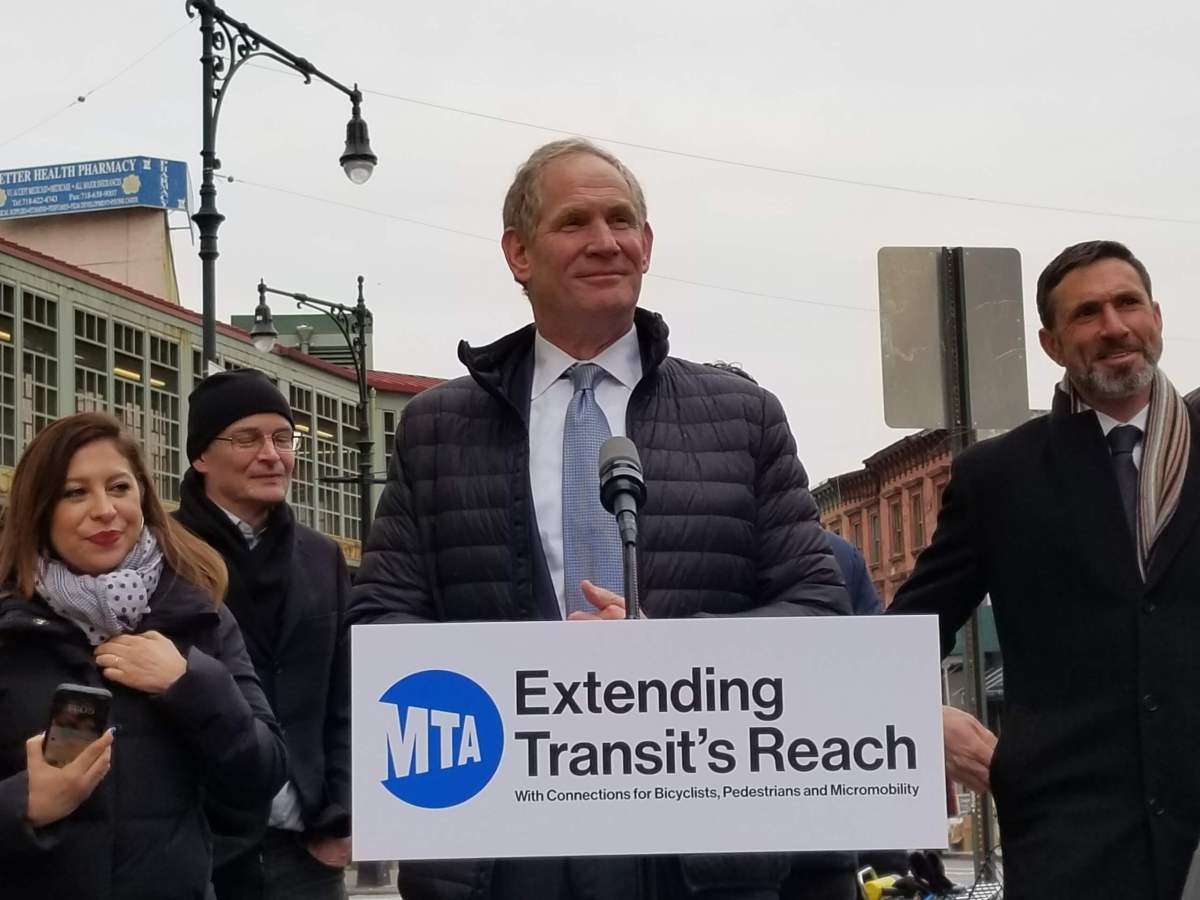
In her executive budget, Governor Kathy Hochul proposed plugging the deficit with a slight increase in the payroll mobility tax on the downstate region’s largest businesses, along with future casino revenues and shifting $500 million of paratransit and student MetroCard costs to the city.
Lieber has praised the governor’s plan, arguing that the payroll mobility tax would provide stable, predictable funding for mass transit, but virtually everyone else has gripes: Mayor Eric Adams said the $500 million cost shift was neither fair nor affordable to the city, suburban legislators said the payroll tax should only be levied on city businesses, and advocates and labor said Albany should invest in expanding service.
The Legislature, emboldened to challenge the governor after successfully defeating her nominee for Chief Judge, tore apart Hochul’s rescue proposal and started anew. The Assembly and Senate proposed direct cash infusions into the ailing authority and permanent funding increases through taxes on corporate revenues, instead of payroll. Other proposals include new surcharges on for-hire vehicle rides and streaming service subscriptions, as well as a residential parking permit program.
Hochul and the Legislature are at a standstill on various issues besides MTA funding, including her housing plan and the state’s bail laws, and on Thursday the governor said that observers shouldn’t expect a budget deal before the April 1 deadline. If that happens, lawmakers may pass an “extender” of the current budget to ensure state employees get their paychecks on time.
Lieber said on Wednesday the MTA is planning for any scenario, even getting money for service expansion despite that not being on the governor’s or legislature’s agenda. Advocates have claimed the MTA could ensure no one ever waits more than 6 minutes for a subway train with a $300 million annual investment from the state, while Lieber himself has said fare hikes could be avoided entirely with $350 million.
Read more: St. Patrick’s Day Parade: Traffic Guide
